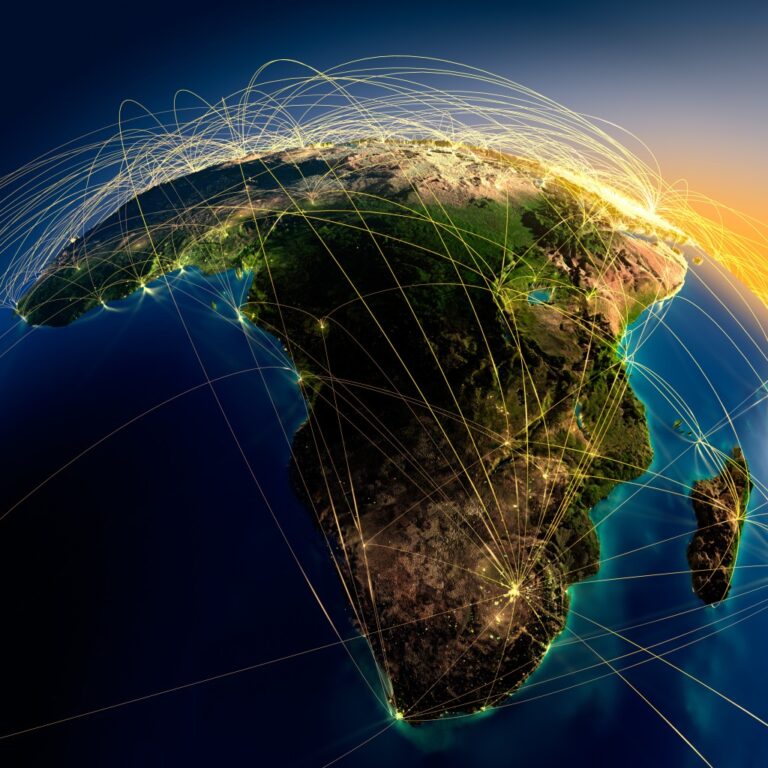Somalia recalled its envoy to Ethiopia after its landlocked neighbour signed a memorandum of understanding (MoU) with Somaliland, a breakaway enclave, giving it access to the Red Sea.
Prime Minister Hamza Abdi Barre called the deal “an act of aggression against Somalia’s sovereignty and territorial integrity” and a direct threat to its maritime resources, which it would defend.
ADVERTISEMENT
CONTINUE READING BELOW
His comments – made in the capital Mogadishu after a cabinet meeting on Tuesday – were reinforced by President Hassan Sheikh Mohamud, who urged the international community to support Somalia’s position and condemn Ethiopia’s actions.
The European Union said in a statement that it “would like to remind the importance of respecting the unity, the sovereignty and the territorial integrity of the Federal Republic of Somalia pursuant of its constitution, the Charters of the African Union and the United Nations.”
This is vital “for the peace and stability of the entire Horn of Africa region,” it said.
Edna Adan, Somaliland’s special envoy, said in a letter that the region “has the authority to sign agreements with any authority as it wishes, and doesn’t require notice or acceptance from anyone else”.
Rights, access
The MoU announced in Addis Ababa on Monday, days after Somalia agreed to resume talks with Somaliland after years of deadlock, will give Ethiopia the right to facilities on the Gulf of Aden.
The facilities that will be accessed via a corridor leased from Somaliland in exchange for a stake in Ethiopia’s flagship carrier, Ethiopian Airlines, could be used as a military base and for commercial purposes for 50 years.
The deal will also see Ethiopia officially recognising Somaliland as a sovereign state, the region’s President Muse Bihi Abdi said.
Ethiopia hasn’t explicitly said that it’s recognising the breakaway region.
Somaliland unilaterally declared independence in 1991 from Somalia after the eruption of a civil war. Since then, it’s been pushing for international recognition that would allow it to source funding and aid.
Situated on the Gulf of Aden on the approach to a global shipping choke-point – the Bab El-Mandeb strait – that leads to the Red Sea and Suez Canal, Somaliland has oil deposits that have been explored by companies including Genel Energy.
Somalia regards the region, which is bigger than the US state of Florida, as an integral part of its territory.
ADVERTISEMENT
CONTINUE READING BELOW
Geopolitical risk
The move by Ethiopia, Africa’s second-most populated nation, may escalate tensions in the volatile Horn of Africa region and potentially upset other powers on the continent.
It will give Ethiopia access to a very strategic corner of the world, which is the Bab el-Mandeb, said Rashid Abdi, chief analyst Horn of Africa & Middle East at Sahan Research.
“This is where almost 12% of global economic trade is conducted and this area is also the place where there is the largest concentration of navies,” Abdi said.
It could “upset the existing military balance. Countries in the region – in principle, Egypt – will not be looking at it kindly,” he said.
In a call from Mohamud to Egyptian President Abdel-Fattah El-Sisi on Tuesday, the two “emphasised the importance of uniting efforts to address shared challenges in the region,” Somalia’s president said in a post on X.
An al Qaeda-linked militant group that’s been fighting Somalia’s central government for 17 years and orchestrated terror attacks in Kenya and Uganda said it would act if Ethiopia gained access.
“There should be no room for the Ethiopians to acquire even an inch of land or ocean, as this would result in the Ethiopians taking control of more ocean territory,” al-Shabaab’s spokesman Ali Mohamud Rage said on Radio Andalus. “In the event that you attempt to do so, you will suffer bitter consequences.”
© 2024 Bloomberg L.P.

